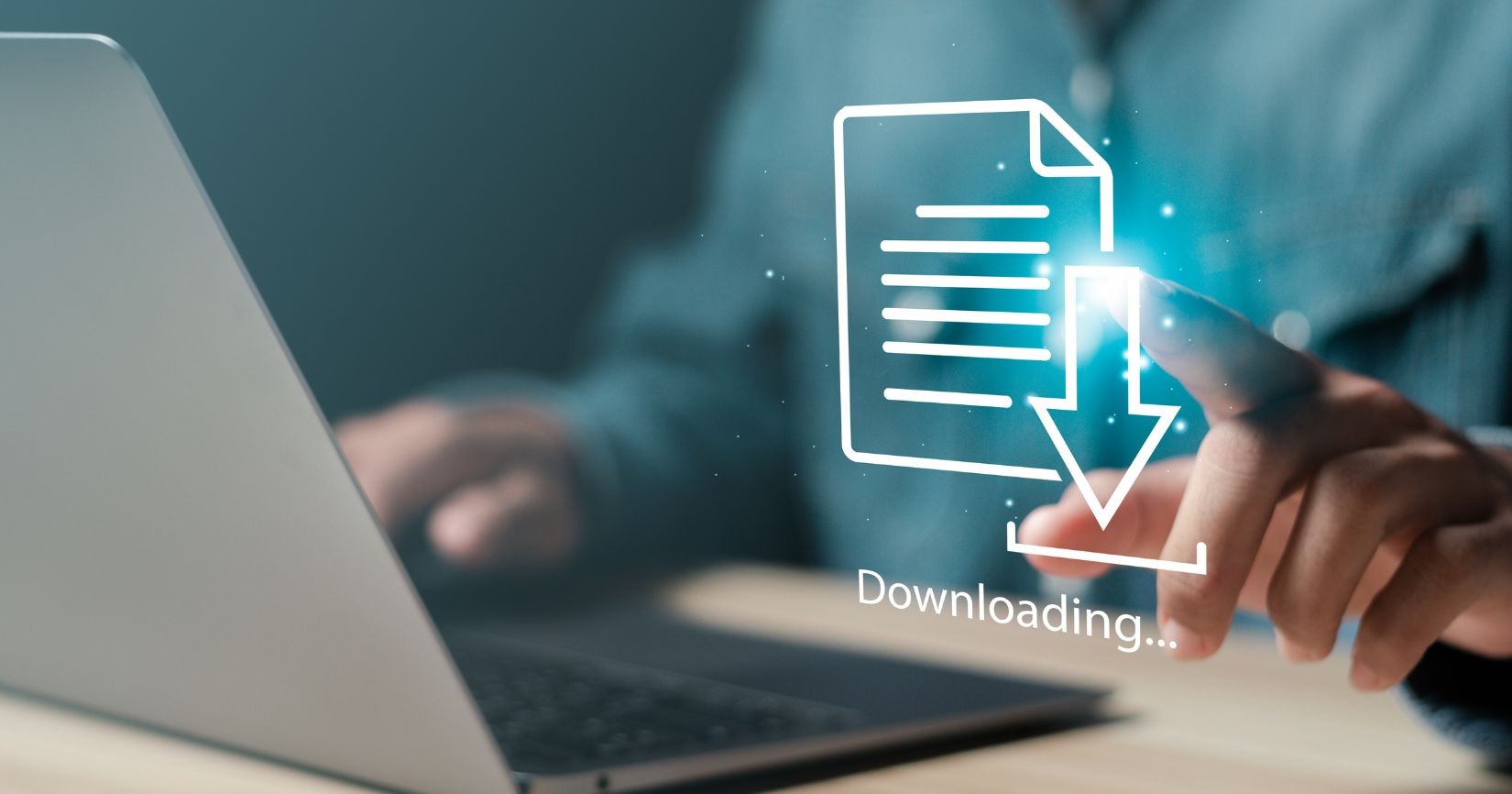
OpenAI has expanded the capabilities of its Deep Research tool in ChatGPT. It now allows users to export research reports as polished PDF files. The company announced the update on Monday via a post on its official X (formerly Twitter) account.
You can now export your deep research reports as well-formatted PDFs—complete with tables, images, linked citations, and sources.
— OpenAI (@OpenAI) May 12, 2025
Just click the share icon and select 'Download as PDF.' It works for both new and past reports. pic.twitter.com/kecIR4tEne
The new “Download as PDF” option is now available via the share icon. It now creates a clean, well-formatted document that includes tables, images, linked citations, and source references. The best part about this update is that it’s now available for both new and previously created reports.
Currently, the feature has been rolled out to ChatGPT Plus, Team, and Pro users. However, the company has confirmed that the support for Enterprise and Education (Edu) plans will follow soon.
Continued Push Into Productivity Workflows
This is not the first time OpenAI has added a new feature for its Deep Research tool. Lately, the company has been on a spree of launching new features to the platform, which positions ChatGPT as a productivity tool and not just another AI chatbot. Over the past few weeks, the company has steadily added deeper integrations with major cloud services.
Most recently, OpenAI enabled connectors for Microsoft SharePoint and OneDrive, which allows users to pull in data from these platforms directly into their Deep Research workflows. The feature is already available to Team plan users worldwide and is gradually rolling out to Plus and Pro subscribers, with the exception of users in the EEA, Switzerland, and the UK. However, Enterprise users’ access is still pending.
Apart from that, OpenAI has launched a GitHub connector, which follows the same rollout schedule and has regional limitations. This integration is particularly useful for teams working with technical documentation or source code, as it allows them to research and analyze GitHub-hosted content directly within ChatGPT.
That’s all for now. However, these updates reflect OpenAI’s larger push to embed ChatGPT into enterprise and team collaboration tools. The addition of PDF export fills a common gap in documentation workflows and is likely to appeal to users preparing client reports, academic research, or internal documentation.







